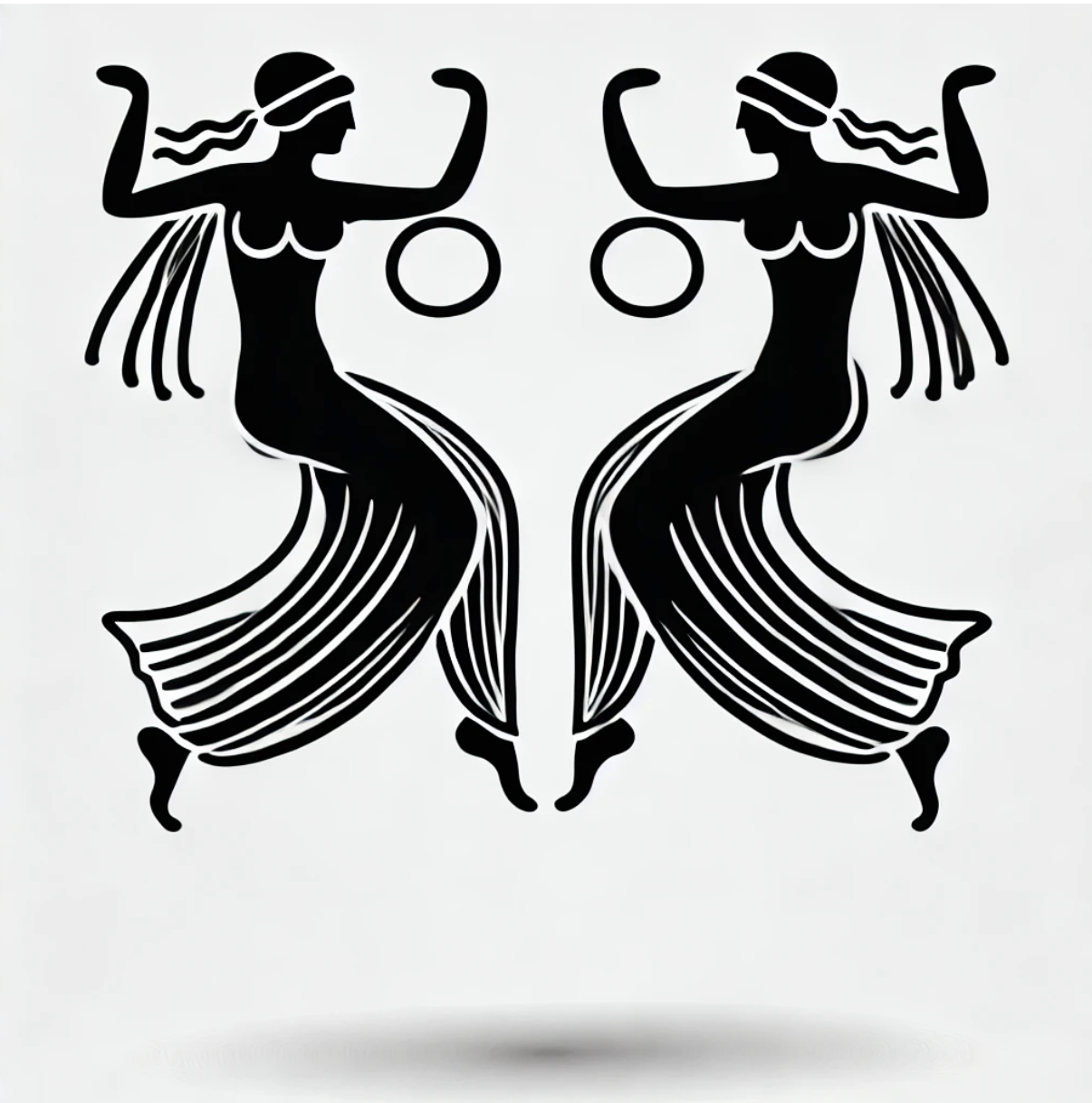Astrology, the study of celestial bodies and their influence on human affairs, has a rich history that extends back to ancient civilizations, including Greece. The ancient Greeks were instrumental in shaping astrological practices, many of which persist in modern astrology.
The Origins of Astrology in Ancient Greece
Astrology’s journey to Greece began in Mesopotamia, where early forms of the practice were developed. The Babylonians’ astrological concepts were adopted and adapted by the Greeks after Alexander the Great’s conquests, which facilitated cultural exchanges. By the Hellenistic period (323-31 BCE), astrology had become a sophisticated discipline in Greece, blending Babylonian star lore with Greek philosophical concepts (see Hellenistic astrology).
Interestingly, according to the Oxford Research Encyclopaedia, in Greece (and Rome) “mathematical astronomy largely developed in order to increase astrology’s predictive accuracy”
Greek Contributions to Astrology
The Greeks made significant contributions to astrology, particularly through the works of scholars like Claudius Ptolemy. Ptolemy’s “Tetrabiblos” is one of the most influential astrological texts, setting the foundation for Western astrology. It was in Ancient Greece that the zodiac— the twelve signs we know today— became the standard.
The Greek Zodiac Signs
The twelve signs of the zodiac are derived from constellations, each associated with a mythological story or symbol. Here are the Greek names for these signs along with their modern equivalents:
- Κριός (Krios) – Aries
- Ταύρος (Tauros) – Taurus
- Δίδυμοι (Didymoi) – Gemini
- Καρκίνος (Karkinos) – Cancer
- Λέων (Leon) – Leo
- Παρθένος (Parthenos) – Virgo
- Ζυγός (Zygos) – Libra
- Σκορπιός (Skorpios) – Scorpio
- Τοξότης (Toxotes) – Sagittarius
- Αιγόκερως (Aigokeros) – Capricorn
- Υδροχόος (Ydrochoos) – Aquarius
- Ιχθύες (Ichthyes) – Pisces
Astrology in Ancient Greek Culture
Astrology was intertwined with various aspects of Greek culture, including medicine, philosophy, and daily life. Philosophers like Plato and Aristotle discussed the influence of stars, while physicians used astrological charts to diagnose and treat illnesses. Astrology was also used to predict events, both personal and political, and was an essential tool for navigating the uncertainties of life.
Modern Astrology and Its Greek Roots
Many concepts from ancient Greek astrology are still prevalent in modern practices. The idea of the zodiac signs, planetary influences, and houses all originate from this period. Modern astrologers continue to use the Greek names of planets and signs, underscoring the enduring legacy of Greek contributions to the field.
In contemporary astrology, the focus is often on personal development and self-awareness, a shift from the predictive and deterministic approaches of the past. However, the symbolic meanings and mythological associations given by the Greeks remain central to the interpretation of astrological charts.
Astrology’s rich history in Ancient Greece has left an indelible mark on how we understand and interpret the stars today. From the names of the zodiac signs to the foundational texts of astrological practice, the influence of Greek culture is undeniable.
Love astrology? Show off your starsign with our Greek Starsign T-Shirt designs.



